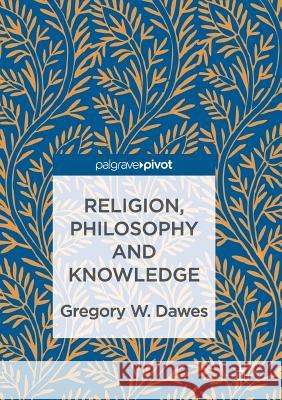Religion, Philosophy and Knowledge » książka
topmenu
Religion, Philosophy and Knowledge
ISBN-13: 9783319828404 / Angielski / Miękka / 2018 / 166 str.
Kategorie:
Kategorie BISAC:
Wydawca:
Palgrave MacMillan
Język:
Angielski
ISBN-13:
9783319828404
Rok wydania:
2018
Wydanie:
Softcover Repri
Ilość stron:
166
Waga:
0.22 kg
Wymiary:
21.01 x 14.81 x 0.97
Oprawa:
Miękka
Wolumenów:
01
Dodatkowe informacje:
Wydanie ilustrowane











